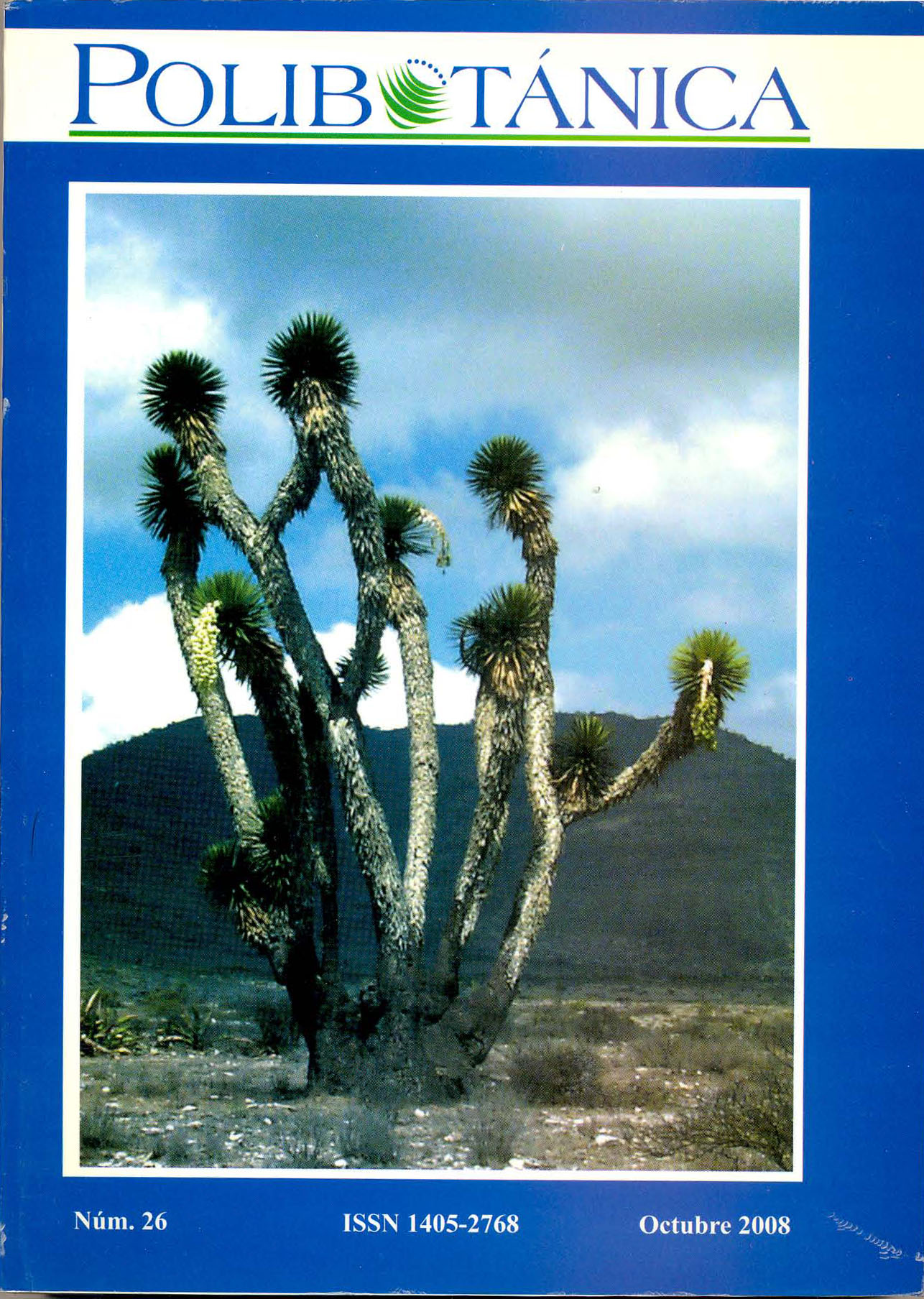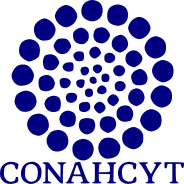AUTOINCOMPATIBILIDAD Y PROTANDRÍA EN POBLACIONES NATURALIZADAS DE ALOE VERA DE LA PENÍNSULA DE ARAYA, VENEZUELA
Resumo
Se evaluó la sincronización y compatibilidad de los órganos reproductores de Aloe
vera (L.) Burm. f. (Aloaceae), mediante
cruzamientos en diferentes estadios florales
y analizando la respuesta germinativa del
polen en microcultivos de agar-sacarosa
con presencia/ausencia del macerado de
estigmas y estilos. Las observaciones in vivo
indicaron que A. vera no produce frutos luego de polinizaciones intraespecíficas (entre
flores de la misma planta o cruzamientos
intra e interpoblacionales); sin embargo, el
polen de A. saponaria Haw. (= A. maculata
Medik.) promovió la formación de frutos y
semillas híbridas en los cruces realizados 1-
4 días después de antesis de la flor receptora.
La germinación del polen y crecimiento de
tubos polínicos in vitro se redujo significativamente en A. vera por efecto del tejido
materno; mientras que en A. saponaria no
existió diferencia entre medios de cultivo.
Este estudio sugiere la existencia de protandría en A. vera con al menos 24 h de
desfase entre órganos reproductores, y autoincompatibilidad esporofítica, favorecida
por la escasa variabilidad genética entre las
poblaciones analizadas.
Downloads
Publicado
Edição
Seção
Licença

Polibotánica por Departamento de Botánica de la Escuela Nacional de Ciencias Biológicas del Instituto Politécnico Nacional se distribuye bajo una Licencia Creative Commons Atribución-NoComercial-CompartirIgual 4.0 Internacional.




















